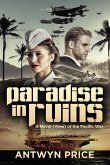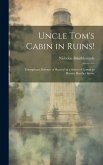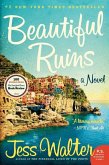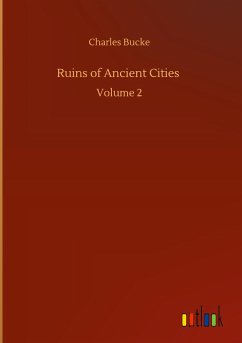Paradise in Ruins offers readers a look at the Pacific Theater of World War Two by introducing them to military and naval leaders from both sides of the conflict, as well as local populations of the Pacific islands whose lives were suddenly disrupted by the brutal events that exploded eastward from Japan in 1941. Perhaps you had family members among the many thousands of young men and women who got transported across the Pacific Ocean to those mysterious islands that they were ordered to recapture from the Japanese. If you have occasionally wondered what Grandpa (or Grandma) did in the war, you are not alone. The generation that experienced World War Two is notorious for not speaking about what they saw and learned in that previously unimagined multilingual, multicultural environment. They just didn't know how to describe their adventures to loved ones at home afterwards, so they chose silence instead.
Hinweis: Dieser Artikel kann nur an eine deutsche Lieferadresse ausgeliefert werden.
Hinweis: Dieser Artikel kann nur an eine deutsche Lieferadresse ausgeliefert werden.








